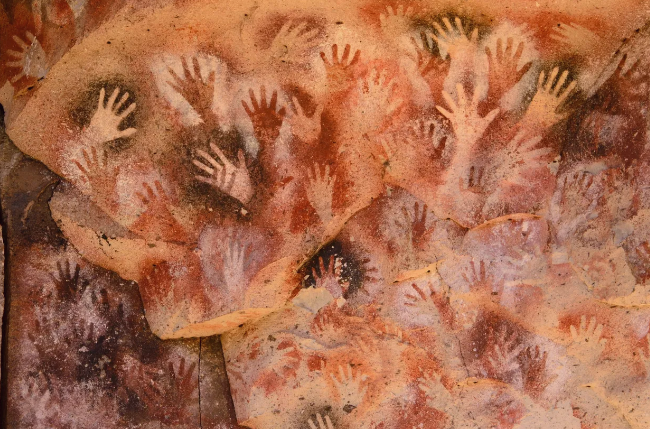By Taylor Mann, Resident in Counseling
Mental health is a vital aspect of overall well-being, yet it is often overlooked, especially in minority communities. There are unique challenges and barriers that minorities face when it comes to accessing mental health care, including stigma, lack of representation, and cultural differences. It’s time to break the silence and address these issues head-on.
The Stigma Around Mental Health
One significant barrier to mental health care in minority communities is the stigma associated with mental illness. Many people fear being judged or misunderstood, which can prevent them from seeking the help they need. This stigma can be particularly strong in communities where mental health issues are often seen as a sign of weakness or personal failing.
Lack of Representation
Another critical issue is the lack of representation in the mental health field. Many minorities do not see themselves reflected in their healthcare providers, which can lead to feelings of mistrust and discomfort. This lack of representation can make it hard for individuals to find care that understands their unique experiences and backgrounds.
Cultural Differences
Cultural differences also play a significant role in how mental health is perceived and treated. Different cultures have different ways of understanding and addressing mental health issues, which can sometimes conflict with mainstream mental health practices. It’s essential to recognize and respect these differences while providing care that is effective and appropriate.
Breaking Down Barriers
To improve mental health care in minority communities, we must work to break down these barriers. This can include:
1. Education and Awareness: Increasing awareness about mental health and reducing stigma through community education and outreach.
2. Representation: Encouraging more minorities to enter the mental health field and promoting diversity among mental health professionals.
3. Culturally Competent Care: Providing multicultural competence training for mental health professionals to offer culturally sensitive and trauma informed care that respects and understands the unique experiences of minority patients.
4. Access to Care: Improving access to mental health care through policy changes, community programs, and resources that make mental health services more affordable and accessible.
Conclusion
Mental health is a critical issue that affects everyone, regardless of their background. By addressing the unique challenges and barriers faced by minority communities, we can create a more inclusive and supportive mental health care system for all. Let’s continue to break the silence and work towards better mental health for everyone.
#MentalHealthAwareness #MinorityMentalHealth #BreakTheStigma #CulturallyCompetentCare #MentalHealthMatters #RepresentationMatters
References
1. National Alliance on Mental Illness (NAMI) https://www.nami.org/mhstats
2. Therapist-Client Ethnic Match and Treatment Outcomes https://link.springer.com/article/10.1007/s40615-019-00601-1
3. American Psychological Association (APA) – Cultural Competency https://www.apa.org/topics/culture

